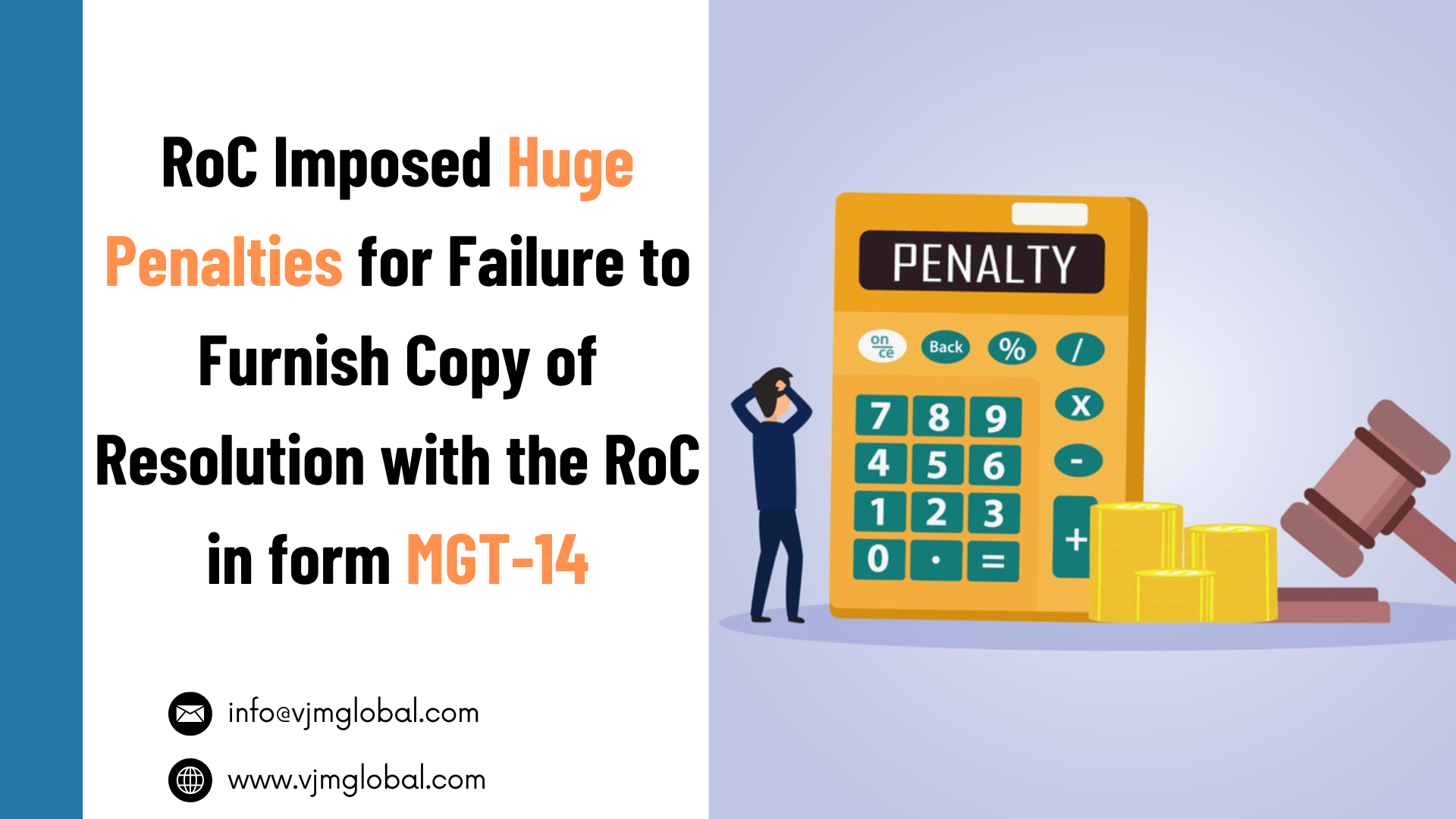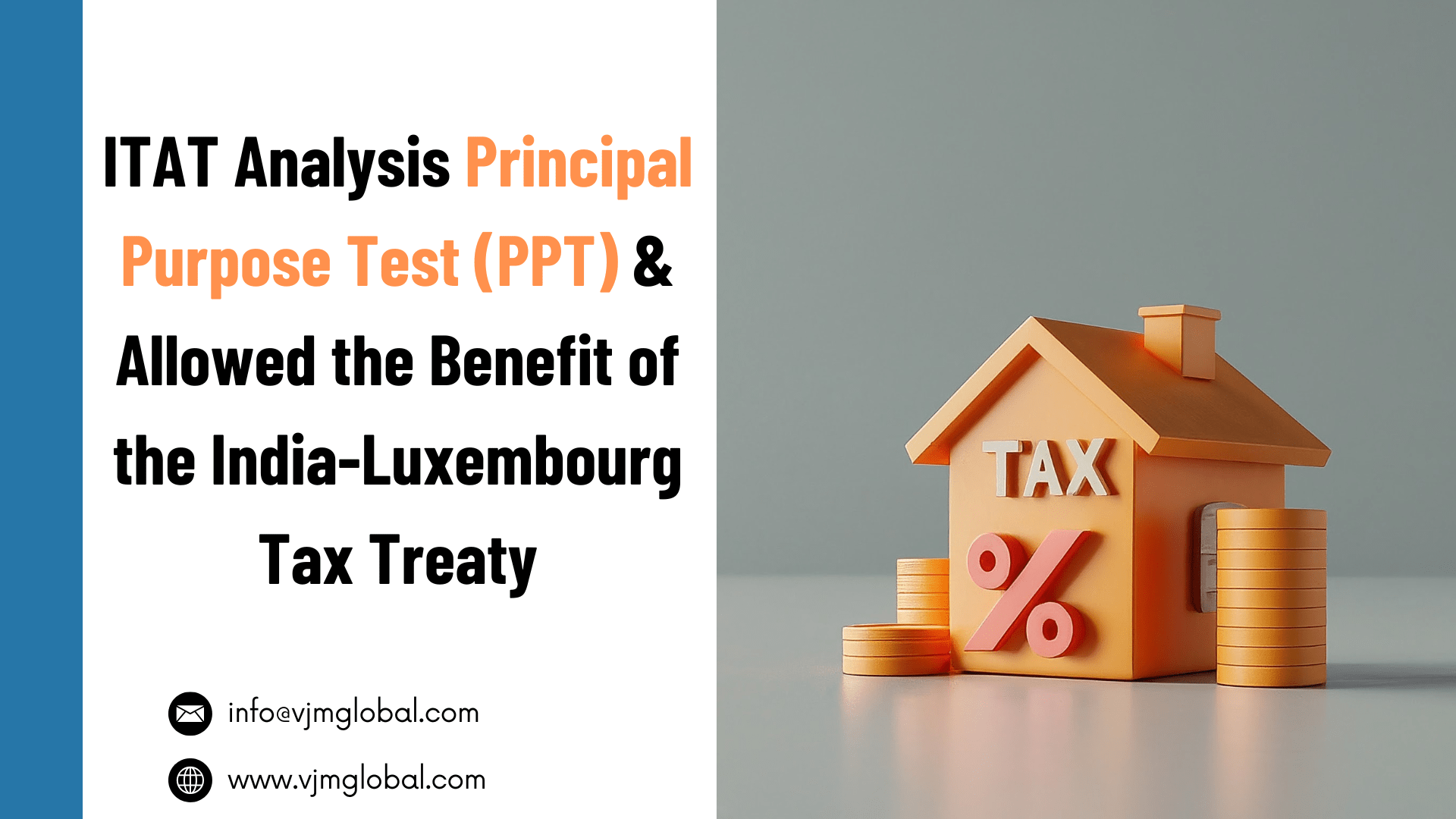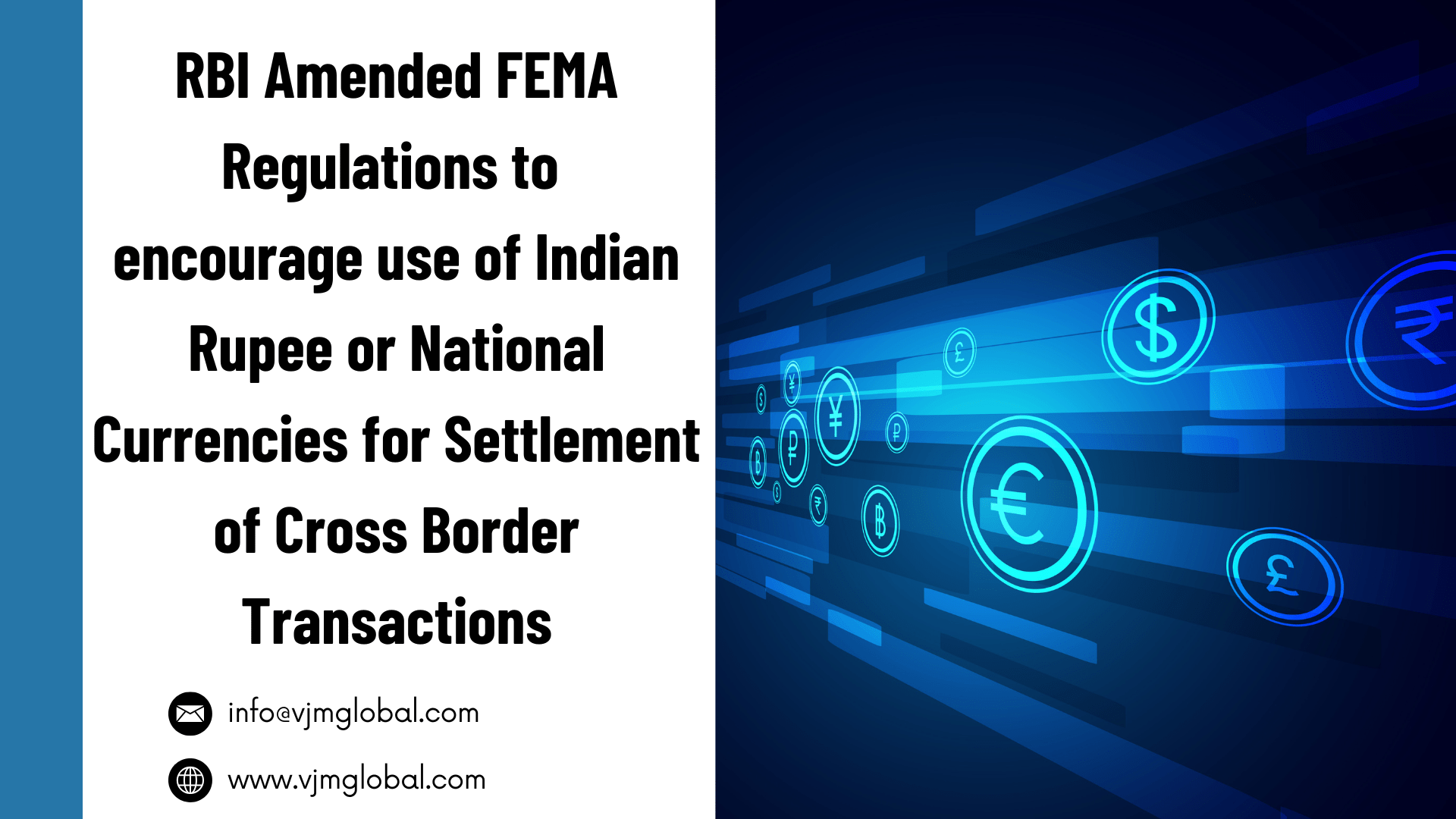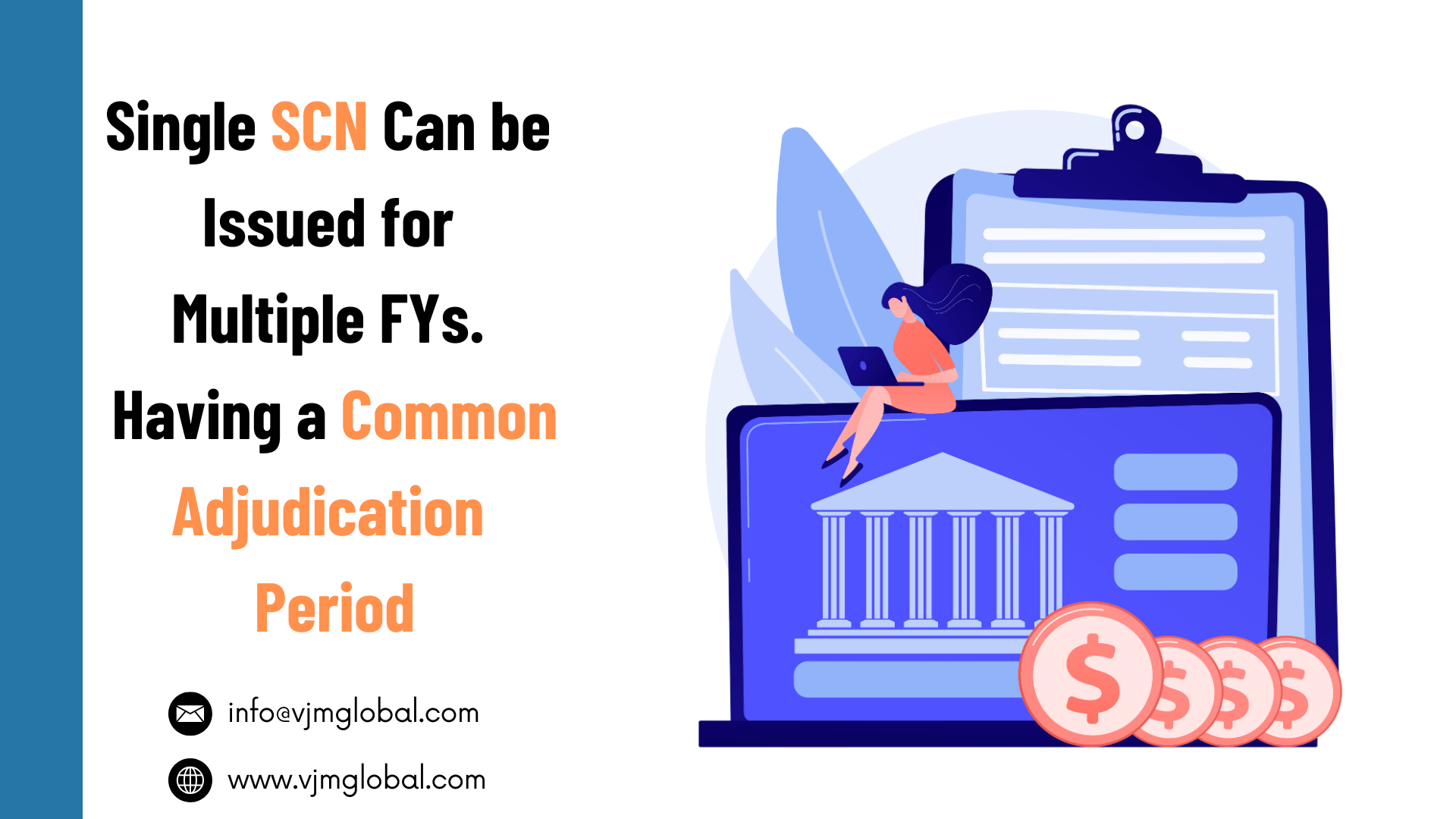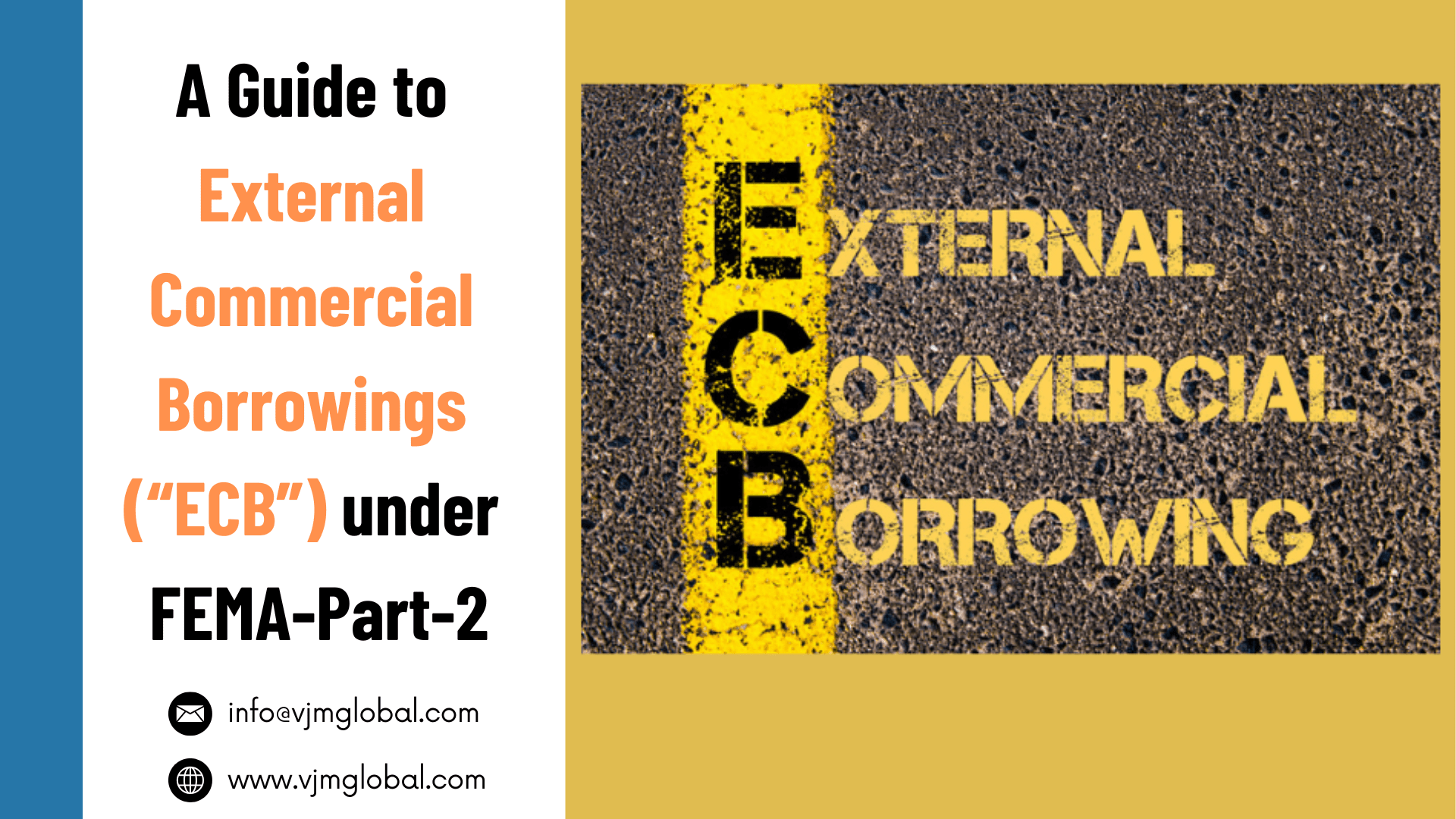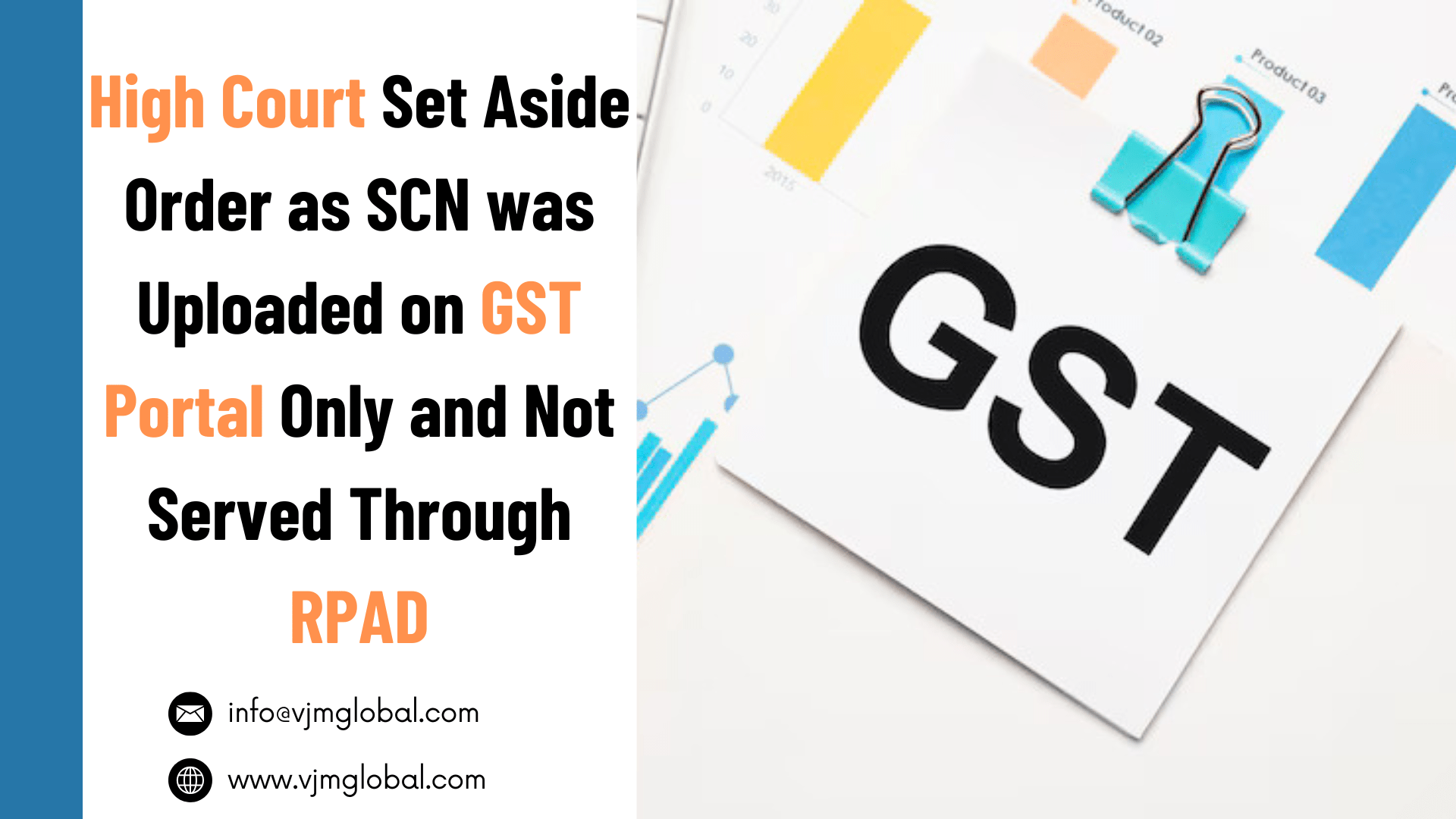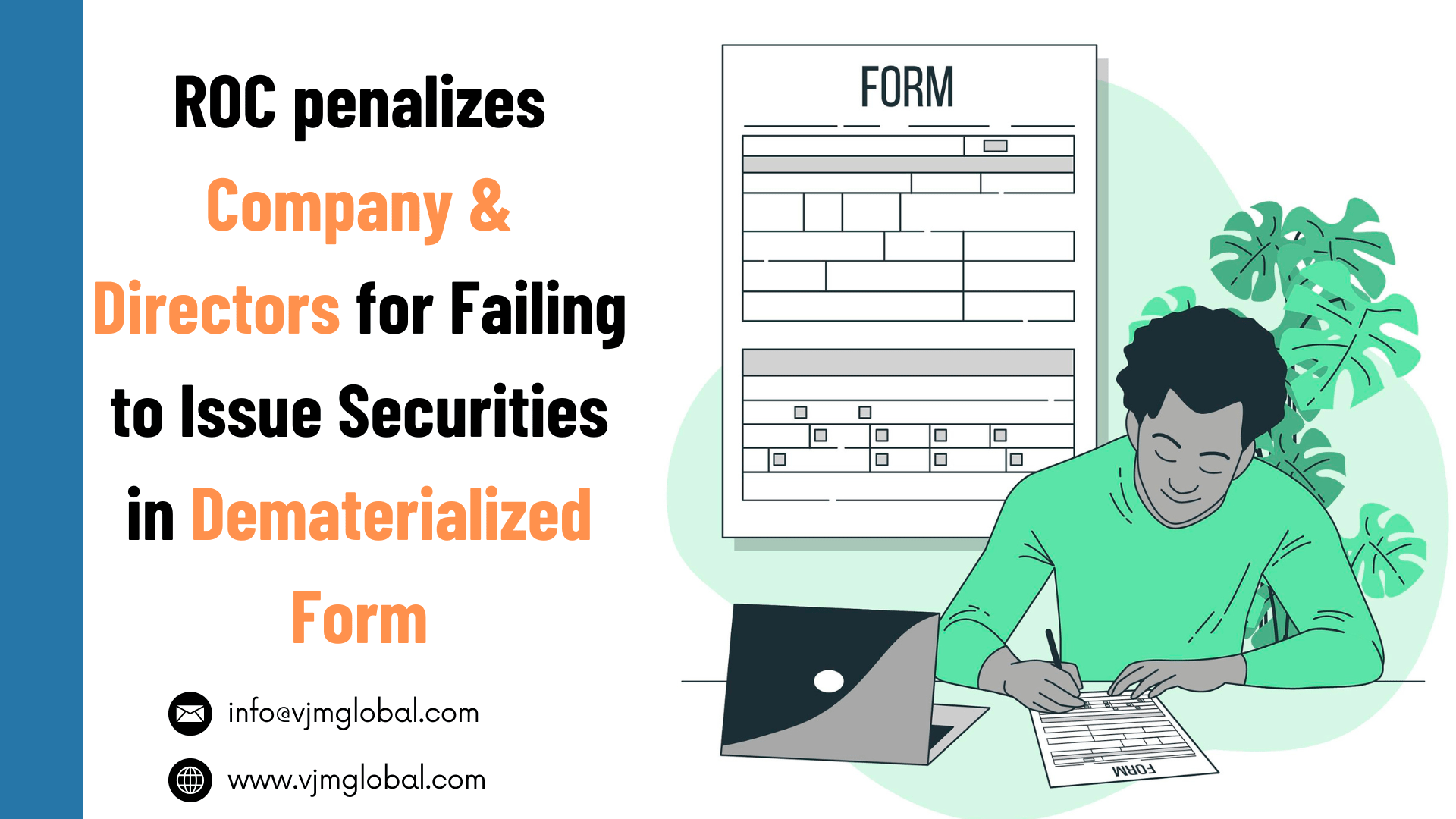Hearing the term ‘search’ or ‘investigation’ brings people in a terrified state. In India, various laws have different rules and regulations pertaining to search or investigation such as Income tax law, Good and Service Law etc. Similar provisions related to investigation are also given under Prevention of Money Laundering Act, 2002 (PMLA)
Money Laundering is the processing of criminal proceeds to disguise their illegal origin. Illegal Arms sale, smuggling, drug trafficking, bribery etc. generates a huge amount of money. However, money so generated is tainted and is in the nature of “Dirty money”. Money Laundering is the process of converting such money into untainted and clean money.
The purpose of introduction of PMLA was to prevent the conversion of money earned from crimes into an untainted and clean money. By empowering authorities under PMLA, investigating authorities are entitled to conduct investigations by issuing summons, record statements, etc.
This article is a compilation of procedure of investigation under PMLA, issuance of summon, further course of action and other issues:
1. Meaning of Investigation
- As per Section 2(na) of the PMLA, investigation is defined as an investigation including all proceedings under this act performed by the director/by an authority authorised by the Central Government under this Act for evidence collection.
- Hence, the purpose of investigation under PMLA is to collect evidences only.
2. Who is empowered to conduct Investigation
- As per Section 48 and 49 of PMLA, officers of Directorate of Enforcement (ED) has been given power to investigate the case of money laundry.
- Officers are also authorised to initiate the proceedings for attachment of property and to launch prosecution in the designation special court.
3. Powers of Investigating Officer
The investigating officer shall have the following powers:
- Conduct the survey (Section 16);
- Conduct the search of building, place, vessel, vehicle or aircraft & seize the records, property (Section 17);
- Conduct personal search (Section 18);
- Summon and record the statement of concerned person (Section 50);
- Arrest accused person (Section 19);
- Provisionally attach any property suspected to be drive from proceeds of crime (Section 5)
4. Registration of Enforcement Case Information Report (ECIR)
- An offence under money laundering law is defined under section 3 of the PMLA as activity of concealment, possession or acquisition and use of proceeds of crime and claiming it as untainted property.
- For such offences, strict punishment of imprisonment of minimum 3 years to 7 years in section 4 of PMLA is provided.
- But, before going to the stage of punishment of imprisonment, there are multiple steps of summoning, investigations, arrest, etc.
- The first step in the proceeding is to register an ECIR. It is similar to FIR which is the first information documented by an investigating authority (Enforcement Directorate) which contains grounds and allegations based on which investigation is being conducted.
- However, a copy of ECIR is not made available to the accused which makes him vulnerable to the abuse of power of the Enforcement Directorate since he does not know why he/she is being investigated.
5. Issuing summon for investigation
- A summon is a call notice issued by authorities under relevant law to appear or to produce documents or give statements during investigation.
- As per Section 50 of PMLA, the Director, Additional Director, Joint Director and Deputy or Assistant Director shall have the power to issue summons to any person to give evidence or to produce any records during the investigation or to hand over the evidence.
- Such officer can impound records produced before him in his custody for such period as he thinks fit.
- However, Assistant director or Joint director has to record reasons for that in advance and has to obtain prior approval of Joint Director before keeping records for more than 3 months.
- As per Section 11 of PMLA, Enforcement Directorate has all the power which are vested with a civil court under Code of Civil Procedure, 1973, while trying a suit in respect of the matters like:
- discovery and inspection; or
- enforcing the attendance of any person; or
- production of records;
- receiving evidence on affidavits;
- issuing commissions of examination of witnesses and documents and any other prescribed matter.
6. Powers of enforcement directorate during investigations
- As per Section 50 of PMLA, the director shall have the same power as are vested in a civil court under CPC, while trying a suit in following manner:
- Discovery and inspection;
- enforcing the attendance of any person, including any officer and examining him on oath;
- compelling the production of records;
- receiving evidence on affidavits;
- issuing commissions for examination of witnesses and documents;
- Along with powers, there comes responsibility to handle the given position diligently and that applies to the Enforcement Directorate also while handling PMLA cases of investigations.
- In case of B. Narayanaswamy v Deputy and others and Others (2019) SCC online Mad 32868, it was held that unless persons summoned found to have been involved in the offence of money laundering, they cannot be treated as an accused at the stage of enquiry.
- It was also contended that investigating officers cannot harass the person physically, mentally and verbally even at the stage of enquiry. The person cannot be treated as an accused, for the purpose of extracting a statement against his will.
7. Recording statements on oath during investigations
- Investigation is deemed to be a judicial proceeding under PMLA and therefore, statements to be recorded are taken on oath.
- It means that if a person gives a false statement under section 50 of PMLA, he would be liable under section 197 and 228 of the Indian Penal code and if he improves his testimony in the course of trial then, he would be liable for perjury.
- The statement given before the Enforcement Directorate is a piece of admissible evidence during the investigation under PMLA- Rohit Tandon V. Enforcement Directorate, 2017 Criminal Appeal Nos.18781879 of 2017 (Arising out of SLP (Crl.) No. 6896–6897 of 2017 and Chief Enforcement Officer v D. Uttamchand Jain CRL.A.(MD).No.912 of 2003.
- Any evidence provided by a witness must be permitted to be cross- examined then, only such a statement can be termed as evidence of the witness.-Vide Ripen Kumar v Department of Customs 2000 (55) DRJ (DB)9.
8. Possibility of retraction of statements given during investigation
- Investigations under PMLA are done to collect evidence and the statements of persons alleged to have been involved in money laundering are treated as admissible evidence.
- Can it happen that once a person gives a statement during investigation and later on, he wants to retract the same?
- Yes. The confession made by a person which is voluntary and free from any pressure, threat etc, is only acceptable.- Vide Chief Enforcement Officer v D. Uttamchand Jain (supra). It may happen that a person may record his statement under the pressure, threat and undue influence of officers of the Enforcement Directorate as they are into the position where they can easily manipulate someone to give false statements. Such statements obtained through improper means can be retracted or must be rejected.
- The burden to prove that the confession obtained was voluntary and is not obtained by threat lies on the Enforcement Directorate and his team.
9. Arrest of suspect by Enforcement Directorate
- Once the Enforcement Directorate has recorded reason to believe the evidence found during investigations that a suspect is involved in money laundering, he can proceed for the arrest of that person under section 19 of PMLA.
- The person who is to be arrested must be informed on the grounds of which he is being arrested. Most importantly, there is no requirement under section 19 of PMLA to obtain an arrest warrant from the Court before arresting a person.
- The arrested person has to be presented before the Special Court/Judicial Magistrate/Metropolitan Magistrate within 24 hours of his arrest (obviously excluding the time of journey).
Conclusion
Investigations under PMLA after issuing summons to suspects is to be conducted with an objective for collecting evidence to prove involvement in money laundering. There should not be any undue influence or pressure created on suspects to give false statements during the investigation procedure. And, unless the persons summoned are found to have been involved in the offence of money laundering, they should not be treated as an accused at the stage of investigation. Once the investigation is completed and the Enforcement Directorate has reason to believe that suspect has been involved in money laundering, then, he can arrest such person without a warrant under the provisions of section 19 of PMLA.


